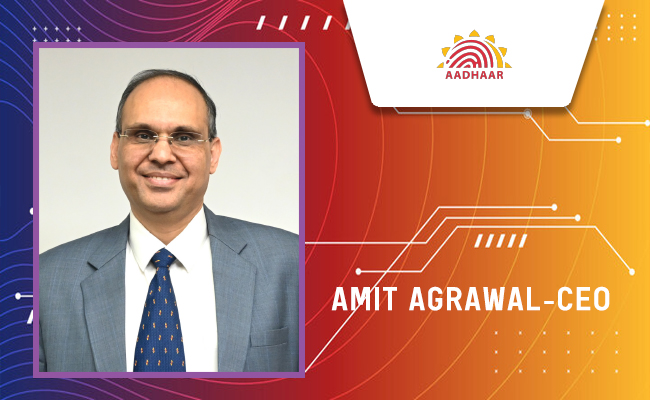Cybercrime thrives, detection rate fails is only 30%: RTI
By MYBRANDBOOK

Absolutely there is no doubt on the Internet works as a catalyst for increased connectivity and innovations that continue to evolve and drive economic growth. At the same time the Internet is facing many challenges. Malicious cybercriminals threaten the security of the digital economy, which becomes more fragile with each attack. Another fact is it is a serious threat to the digital innovations, which are outpacing the ability to keep it secure by putting significant value at risk.
While the Indian leadership has been advocating the Digital India campaign, statistics reveal that the police department is facing a tough time in solving cases pertaining to cybercrime. An RTI query has revealed that out of 627 cybercrime cases registered with the city Cyber-Crime Police Station (CCPS) in the last six years, only 169 cases had been solved. The statistics revealed that most numbers of cyber-crime cases (300) were registered in 2015, followed by 163 cases in 2016.
There were cases related to debit card frauds, job rackets, misuse of social media and hacking. The statistics came to light following a Right to Information (RTI) query filed by activist Shakeel Ahmed Shaikh seeking information on cybercrimes from Mumbai Police, from January 2013 till December 2018. Shaikh had sought details of the cybercrime cases registered and detected in these years by Cyber-Crime Police.
Everyone is going digital now for transactions and making payments. Citizens should be made aware of the precautions that should be taken to avoid being duped in this digital payments ecosystem," said Shaikh.
Commenting on the cyber-crime cases, Advocate Prashant Mali, cyber-law expert says, when we try to check on the incidents, the IP address location is found to be abroad, or the intermediaries such as Google or Facebook deny sharing data when the IP address is of US citizens. The process to procure the IP address requires six months to one year's work and hence there is a delay.
Another, major reason is that the trained staff in cyber-police station gets transferred to other duties after completion of tenure. Hence there is a dearth of trained staff at CCPS," says, Mali.


Legal Battle Over IT Act Intensifies Amid Musk’s India Plans
The outcome of the legal dispute between X Corp and the Indian government c...

Wipro inks 10-year deal with Phoenix Group's ReAssure UK worth
The agreement, executed through Wipro and its 100% subsidiary,...

Centre announces that DPDP Rules nearing Finalisation by April
The government seeks to refine the rules for robust data protection, ensuri...

Home Ministry cracks down on PoS agents in digital arrest scam
Digital arrest scams are a growing cybercrime where victims are coerced or ...


Icons Of India : NIKHIL RATHI
Co-founder & CEO of Web Werks, a global leader in Data Centers and Clo...

Icons Of India : MUKESH D. AMBANI
Mukesh Dhirubhai Ambani is an Indian businessman and the chairman and ...

Icons Of India : ASHISH KUMAR CHAUHAN
Ashish kumar Chauhan, an Indian business executive and administrator, ...


EESL - Energy Efficiency Services Limited
EESL is uniquely positioned in India’s energy sector to address ener...

UIDAI - Unique Identification Authority of India
UIDAI and the Aadhaar system represent a significant milestone in Indi...

IOCL - Indian Oil Corporation Ltd.
IOCL is India’s largest oil refining and marketing company ...


Indian Tech Talent Excelling The Tech World - Steve Sanghi, Executive Chair, Microchip
Steve Sanghi, the Executive Chair of Microchip Technology, has been a ...

Indian Tech Talent Excelling The Tech World - Aman Bhutani, CEO, GoDaddy
Aman Bhutani, the self-taught techie and CEO of GoDaddy, oversees a co...

Indian Tech Talent Excelling The Tech World - JAYASHREE ULLAL, President and CEO - Arista Network
Jayshree V. Ullal is a British-American billionaire businesswoman, ser...
 of images belongs to the respective copyright holders
of images belongs to the respective copyright holders